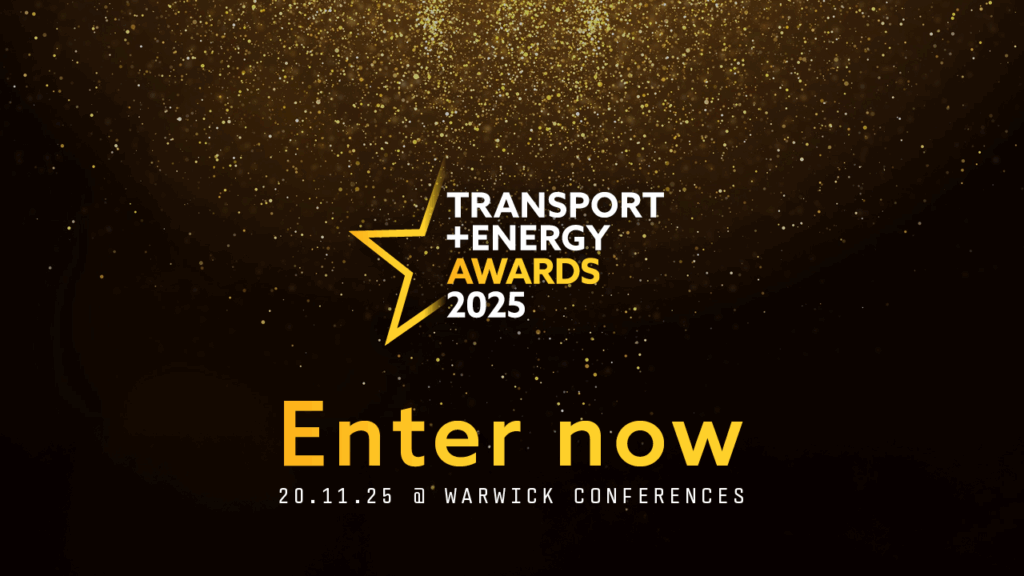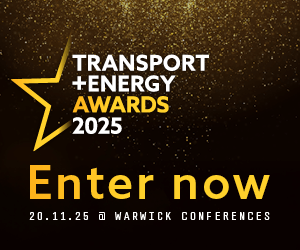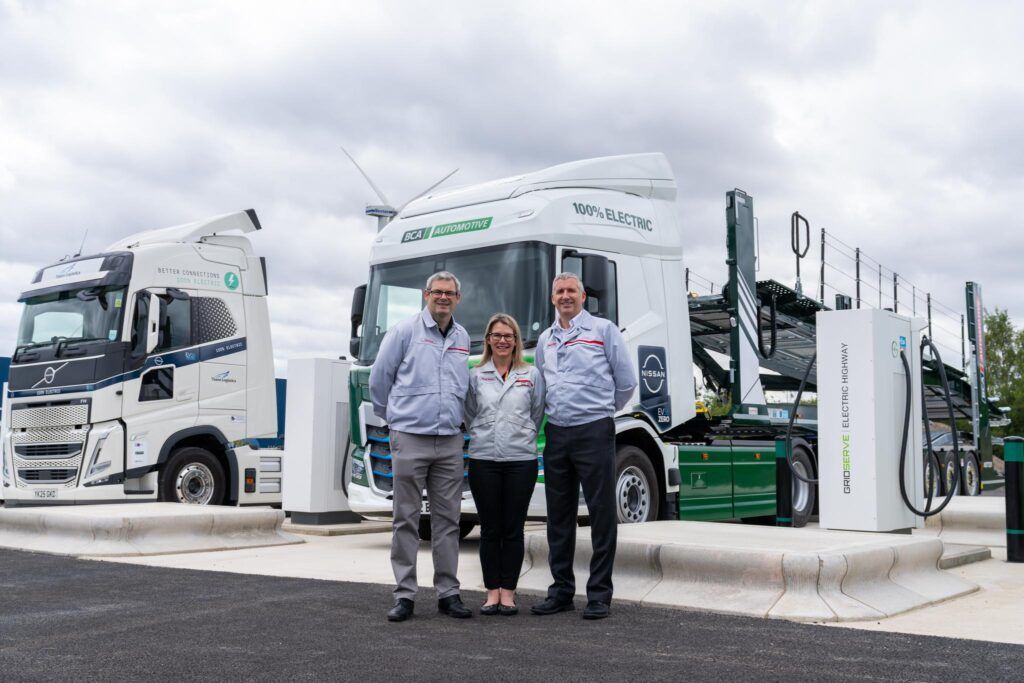Road marking specialist WJ Group are on a journey to net zero by working to reduce carbon emissions in all aspects of their business including through the introduction of electric cars.
Highways England recently presented WJ with the ‘Excellence in Environment and Sustainability Award” for their exceptional approach to sustainable service delivery. The judges really liked the development and implementation of their carbon footprint model to underpin changes in the business and develop company culture and focus.
The UK government has set into law the aim to become net zero by 2050, as per the Paris Agreement. However, it has been widely acknowledged that those that can achieve net zero faster, must. WJ have announced their aim is to become net zero by 2032, based on their overall sustainability strategy.
WJ Group Sustainability Director Paul Aldridge said: “The first challenge was understanding our emissions. As a result, we worked collaboratively with a number of organisations to understand best practice in carbon management and begin our journey towards net zero. We started by regularly monitoring and targeting our emissions for reduction, with a focus on two fundamental areas that we could measure, verify and reduce – our operational and our product carbon footprint.”
For their operational carbon footprint, WJ collected data on electricity consumption and fuel usage, before creating groupwide monitoring and real-time recording.
Working collaboratively with the Carbon Trust, they identified fleet diesel consumption as their main source of emissions from their 220 trucks. They addressed carbon reduction in several ways including new vehicle design, extensive driver training and the use of telematics to monitor safe and fuel-efficient driving with a driver reward scheme to incentivise continual improvements. Further reductions were achieved thanks to recycling initiatives, switching to electric cars, LED lighting and solar panels.
As a result, they saw consistent reductions in emissions relative to turnover and mileage over a number of years, achieving a Group Wide Carbon Trust certificate.
In terms of their products, WJ manufacture vast amounts of road marking materials each year, creating an emissions hot spot and environmental challenge. In describing their efforts to reduce emissions, Aldridge commented: “Undoubtedly, one of the most significant steps we have taken is the development of our Carbon Footprint Model, which means we can now accurately measure all embodied carbon within our thermoplastic products. This research project was a huge undertaking for us to understand the true carbon footprint of each raw material including transport and the energy used in our own factory production of the end product.”
The Cradle to Gate Life Cycle Assessment Model provides quick, efficient, and reliable at-scale carbon foot printing for all current and future hot applied products, independently verified to PAS 2050:2011 and ISO14067 (2018) by Lucideon, meeting the specifications and standards requirements for quantifying and reporting.
These initiatives helped WJ make huge strides to lower their emissions, and they have stated going forward they will continue to explore furtherways reduce their emissions, including further training; the viability of alternative fuels; more electric vehicles; diverting waste from landfill; developing more lower carbon products; and using more solar powered heating and lighting.
However, based on current technology and customer needs, WJ acknowledge that net zero does not mean emitting no carbon at all. Consequently, WJ are planning to remove as much carbon as they emit, using nature to balance their emissions. They now own over 900 acres of land at the head of the Glenshee in Scotland, with plans underway for a scheme to plant over half a million trees. This will remove huge amounts of CO2, whilst also helping restore biodiversity and bring ecological benefits to the area.
WJ Group Managing Director Wayne Johnston added: “I’m delighted to announce our commitment to addressing climate change with help from the WJ Forest. We recognised that rather than continuing to talk about the issue, we needed to take a radical move. This initiative will help us reach net zero well before the 2050 date set by the government and as we move forward, we will look to continue to bring through more sustainable innovations and eventually we will be able to remove all the carbon we have ever emitted.”
Images and video courtesy of WJ Group.















